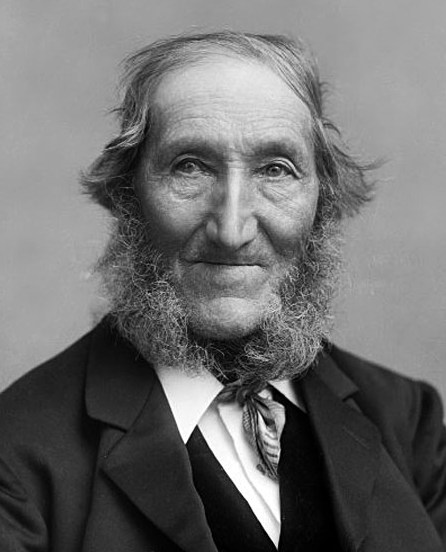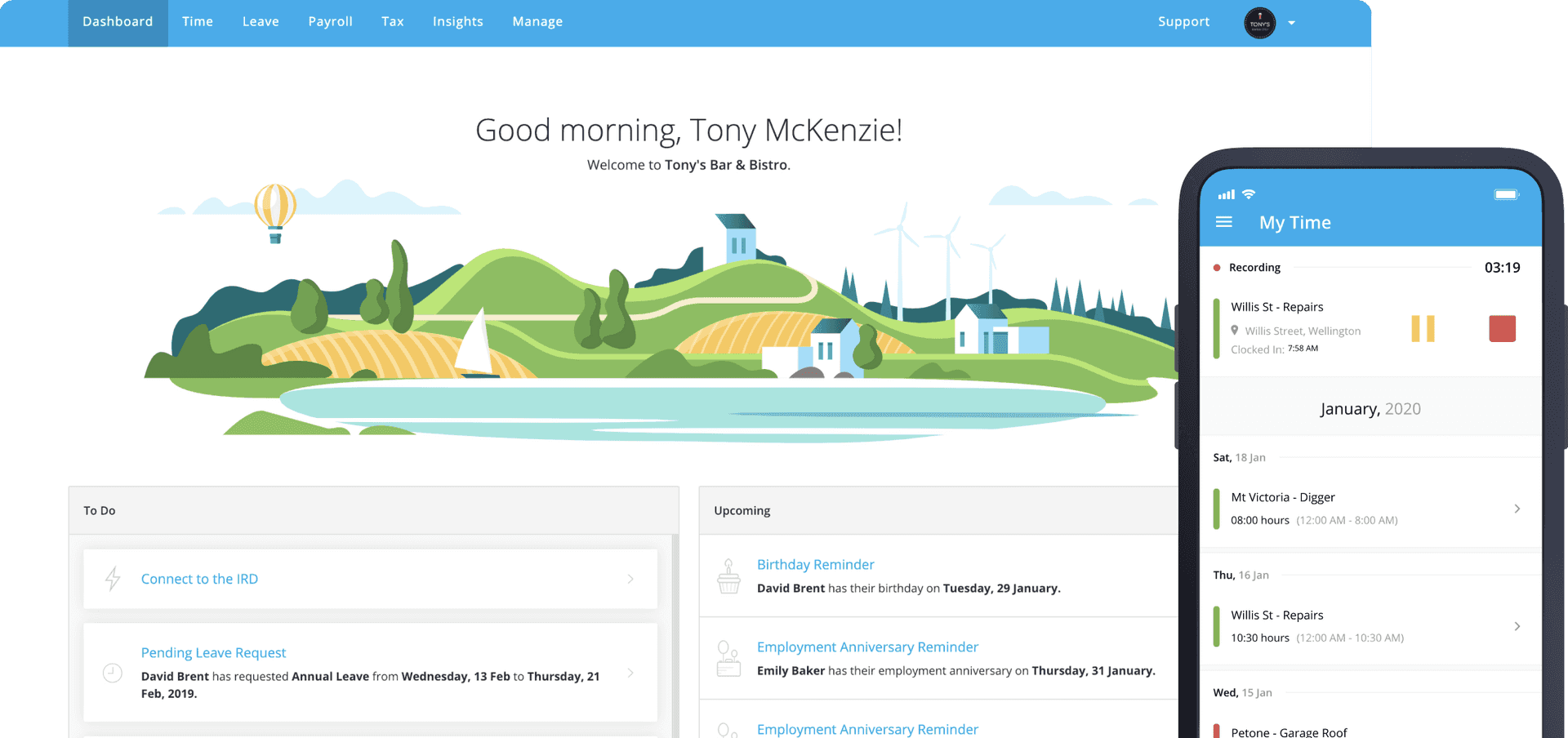Payroll & Finance
Labour Day and Payroll
October 28, 2019
Labour Day. Held on the fourth Monday in October each year, it’s generally the perfect day for cricket, beer and a walk on the beach. An important milestone in workers’ rights, Labour Day is a celebration of the contribution employees make to our economy. It’s an important reminder of the need to focus on employee wellbeing and the positive impact workers bring to the workplace and wider society.

Labour Day commemorates the 8 hour work day, which is the basis of the 40-hour work week and the modern concept of work-life balance.
It was the refusal to work more than eight hours a day back in 1840 by Samuel Parnell, a carpenter originally from London, that led to other tradesmen supporting the idea and passing a resolution for change.
The introduction of the 8 hour work day paved the way for many other advances in employment relations, including laws designed to avoid worker exploitation, minimum pay levels and modern employment legislation like the Holidays Act 2003, which is based on the fundamental principle that employees should receive four weeks’ paid vacation for each year of employment.
However, with the changing nature of work, the 8 hour work day and 40 hour work week is no longer the norm for many workers in New Zealand, which can lead to some confusion about how to pay staff for public holidays.
And while lots of us enjoyed some much deserved time off on Monday, for payroll administrators it’s going to be a difficult task to run payroll the following week and determine which employees should receive payment and various other entitlements for the day.
In a business where people don’t work the same days and hours each week, the person running the payroll will need to look at each individual employee and make an assessment as to whether the public holiday was a day they would have normally worked.
Like many other things in the Holidays Act, we believe employee entitlements for public holidays are fundamentally sound. What employers and payroll providers need is a bit more clarification about exactly how to determine whether a public holiday is an otherwise working day (OWD) for an employee so that it’s not open to interpretation and inconsistent application.
We’ve found that looking at recent work history to determine how often an employee works on that particular day is a good base to start from in determining whether it was an Otherwise Working Day (OWD).
Payroll systems that incorporate timesheets with a break down of the number of hours worked per day are much more set up to handle that. PayHero provides straightforward rules to automatically review employees’ recent work patterns to give you an indication of whether a day was an OWD for an employee.
Have questions about how to calculate holidays? Email us on: support@flexitime.co.nz.






